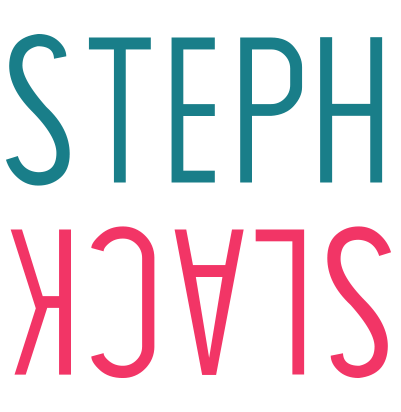Empathy: do you feel what I feel?
Empathy. It's one of those abstract concepts or feelings, like intuition, that we're not all entirely sure on what it is or if we're doing it right.
Well it turns out there's different types: emotional empathy - when you share another person's feelings and can respond to their emotional state and cognitive empathy - when you can put yourself in someone's shoes and understand their perspective. We use both in different situations with our friends and family all the time. But what if we tried to use this seemingly natural ability we have as a catalyst for change in the world?
This was the focus of The School of Life's talk yesterday evening on The Future of Empathy in Australia. How can we harness this power to make a positive impact on society and the issues we face?
For too many of us, fear has replaced the empathetic response. The discussion last night focused a lot around the indigenous peoples of Australia and asylum seekers as examples of where our ability to empathise with the ordeals and issues these people face has been replaced by fear. Fear of the other. Fear of there not being 'enough' for everyone. We've forgotten there is no other - that they're human beings with the same fundamental physical make up and wants and desires as us. And that we live in an abundant universe where, quite frankly, there is enough of everything to go around if only we'd stop thinking that there isn't.
Imagine what would look different and what change we could enact if we used empathy when tackling some of our most fundamental world issues. When we deal with the refugee crisis - the largest displacement of people since the Second World War. Let's just imagine how traumatic an experience these people have been through and the sheer terror they must have felt in order to risk everything to get to Europe in conditions you would never consider unless the alternative was almost certainly to be killed. To flee from everything they know and own because they fear for their lives and the lives of their children. Let's just think about that. And then let's design a humanitarian response based on how we would feel if it was us. What would be different? A more compassionate response, better facilities, better laws?
When we deal with domestic violence against women. When we imagine the fear and confusion a woman must feel to be physically and mentally abused by the person she loves most. To fear for her own life and her children's. To have been mentally worn down to believe she isn't worthy. How would that feel for us and how would we want to deal with it? More funding, more education, more awareness?
When we deal with mental health issues. Let's put ourselves in the shoes of someone who doesn't have a physical injury or condition that you can easily identity but hears voices, feels like they have two personalities or feels so depressed some days that they just can't get out of bed. Imagine how scary that must be for them. To know you're ill but to not be able to see the physical problem. Imagine if we stopped being afraid of the things we don't understand just because we can't see them. What would our mental health provision look like? Robust, state of the art and talked about with as much importance and urgency as the fight against cancer?
These are just some of the issues I've highlighted because they're ones I feel passionate about but we could apply this principle to a helluva lot more: climate change; Islamaphobia; substance abuse; the NHS; world poverty. Maybe all it takes is to take a fresh look through an empathy lens and to teach ourselves to become more empathetic.
There's plenty of ways you can do this. Just some ideas summed up by TSOL's panel included reading - lose yourself in someone else's story, changing the channel - listen or watch something new, speaking to a stranger, listening to people and really hearing what they're saying, and trying to feel empathy towards those you don't like or disagree with to flex that empathy muscle even more.
If enough people place empathy at the centre of their reaction and decision making then maybe, just maybe, there could be something in this.

